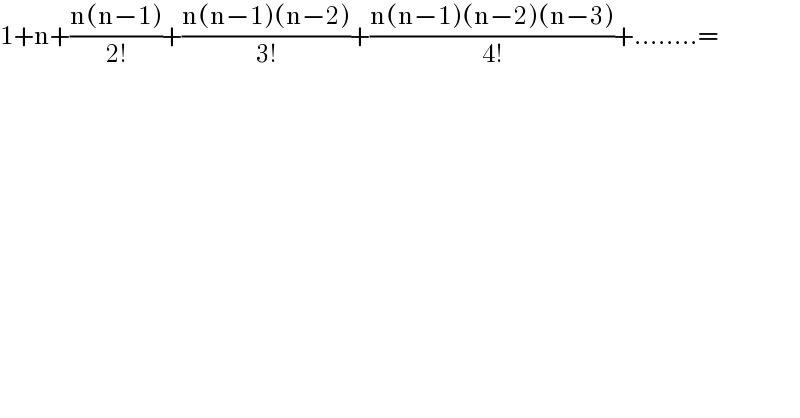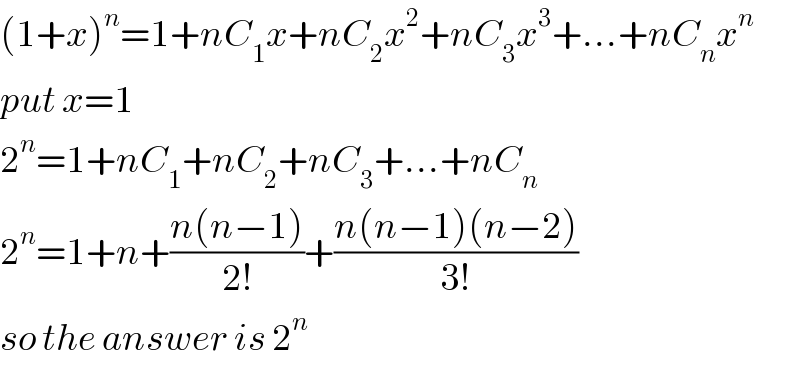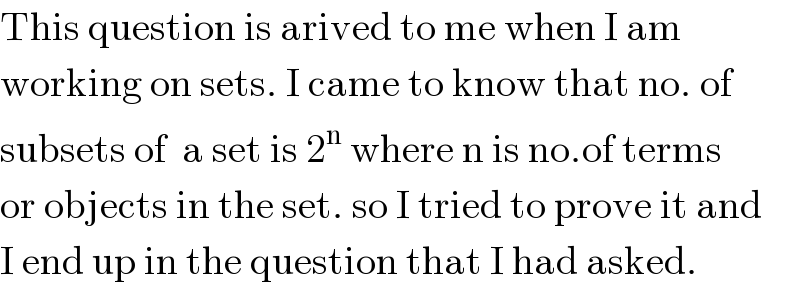
Question and Answers Forum
Question Number 37728 by kunal1234523 last updated on 17/Jun/18

Answered by tanmay.chaudhury50@gmail.com last updated on 17/Jun/18

Commented by kunal1234523 last updated on 17/Jun/18

Commented by kunal1234523 last updated on 17/Jun/18

Commented by kunal1234523 last updated on 17/Jun/18

